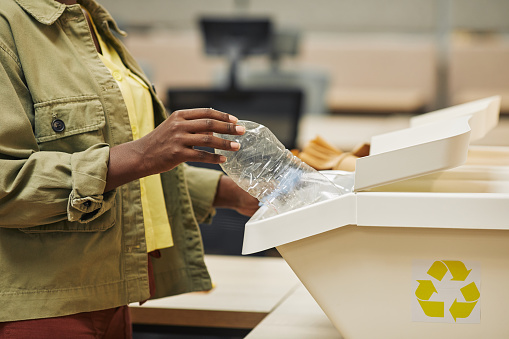Eligibility must be assessed on an activity level, rather than project level. Within a Recycling & clean tech project, there are likely to be some activities that qualify as core R&D activities, some that qualify as supporting R&D activities, and some activities that are not eligible.
ReCycle IT considered its activities against the definitions of core and supporting R&D activities, guidance materials published by AusIndustry and ATO taxpayer alerts.
It self-assessed that the recycling method for e-waste components and aspects of the platform design met the requirements to be a core R&D activity because:
- There was limited current knowledge on how to efficiently recycle the e-waste component.
- Knowledge regarding the extraction process of the component from the body of the e-waste had never been tried and tested.
- It could only determine the outcome through a systematic progression of work that is based on the principles of established science, in this case the fields of chemical/materials engineering and software engineering.
- It planned to generate new knowledge about:
- The chemical technologies required to extract, process and recycle heavy metals.
- The most efficient way to integrate the complex data models around the collection, processing, treatment and recycling and tracking of e-waste components on a large domestic scale. Which meant figuring out the integration of machine learning and AI to solve for the critical unknown of predictive algorithms around supply, volume and rate of processing.
- The safety and efficacy of the recycling process.
ReCycle IT assessed that other aspects of the project including project management encompassing travel to the trial site, technology research and pilot-scale testing could be registered as supporting R&D activities. These tasks were all within the skills and experience of the company, however, they were directly related to the core R&D activity and the experiments could not be carried out without them.
ReCycle IT engaged third party experts to assist with the development of the scale up portion of the experiments. ReCycle IT assessed that as it:
- Bore the financial risk in the activities performed by the contractor,
- Had beneficial ownership of any technology/knowhow generated by the contractor,
- Strictly controlled the activities of the contractor including directing activities to alternative lines of research, that the activities performed by the contractor were undertaken ‘for’ ReCycle IT.



